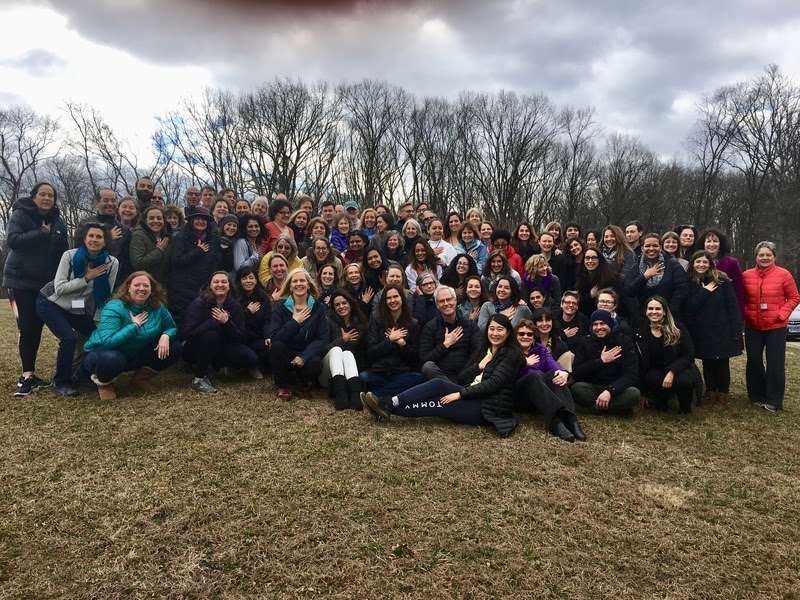The beginning of each new year feels like it brings pressure to do something big, to make changes, to be different. Vision boards, resolution lists, intention setting, manifesting… We have so many options to create change. I’m sure there are more.
For the last few years I’ve made a list of new-year intentions. I wrote down things I’d like more of in my life. Last year I also participated in a Best Year Ever class, where I mapped out what I wanted to accomplish over the course of the year. That was very helpful, but I found I tried to do all the things I’d mapped out right away! Then I forgot to go back and see what was left on the list as the year progressed.
In the past, because I’m a business owner, my goals tend to sway towards work rather than personal goals. I ended up feeling overwhelmed by all the things I added to my to-do list. Although my business is very important to me, I’ve recognized this past year that my personal goals get put aside or remain undone because I minimize their importance when I’m deciding how to spend my time and energy.
“Perhaps the biggest tragedy of our lives is that freedom is possible, yet we can pass our years trapped in the same old patterns...We may want to love other people without holding back, to feel authentic, to breathe in the beauty around us, to dance and sing. Yet each day we listen to inner voices that keep our life small.”
It’s important to make yourself a priority
When we put more emphasis on work, or other people’s needs and we don’t honor what we need it can lead to burn-out and us feeling frustrated, exhausted, angry and resentful. Not the best way to spend the first year of a new decade!
When you’ve lived much of your life putting other’s needs first—and that can happen at work as well as at home— it can be hard to do things differently. It definitely takes a bit more effort and a lot of positive self-talk, self-compassion and self-awareness to be mindful of and meet our own needs.
Making yourself a priority can feel selfish, mean, and very uncomfortable, but it’s important. If we’re not paying attention and attending to our needs, who else is going to do it?
It’s also easy to fall back into our old behaviors when we’re stressed. They’re called patterns for a reason! We’ve been taking care of everyone else’s needs for a long time. Change takes time.
I’d love to dedicate this year to the Self, and I hope you’ll join me. Taking care of You and making You a priority doesn’t have to be a grand gesture or enormous shift. It’s small steps, like checking in with yourself a few times a day and asking, “What do I need right now?” The answer might surprise you.
3 tips for taking care of your needs
Here are some other ideas to help you move into the new year with compassion and love for yourself:
·Make time to meditate each day.
Two to three minutes of mindful meditation every day can help you get to know yourself and your body in a deeper way.Be in nature.
Connecting with the natural world helps us feel more grounded and calm. When you’re in a more grounded place it’s easier to tune into You.Offer yourself the compassion and kindness you would give to friends.
We can change our relationship with ourselves if we can find some space for kindness.
No matter how you mark the new year, I hope you’ll take some time for you in 2020!
If you enjoyed this blog post and would like more insights into living with anxiety, tune into the Woman Worriers podcast. In each weekly 30-minute episode, host Elizabeth Cush, LCPC, and her guests explore living with anxiety, relationships, parenting, surviving trauma and other topics and offer insights into mindfulness, meditation and other helpful resources.
Elizabeth Cush, LCPC is a therapist, blogger, creator and host of the Woman Worriers podcast, and the owner of Progression Counseling in Annapolis, Md and she’s been featured in these major publications. Elizabeth helps busy, overwhelmed men and women manage their anxiety and stress so they can live their lives with more ease, contentment and purpose. If you'd like to know more about how individual, online and group therapy can help ease anxiety and stress call me 410-339-1979.











































